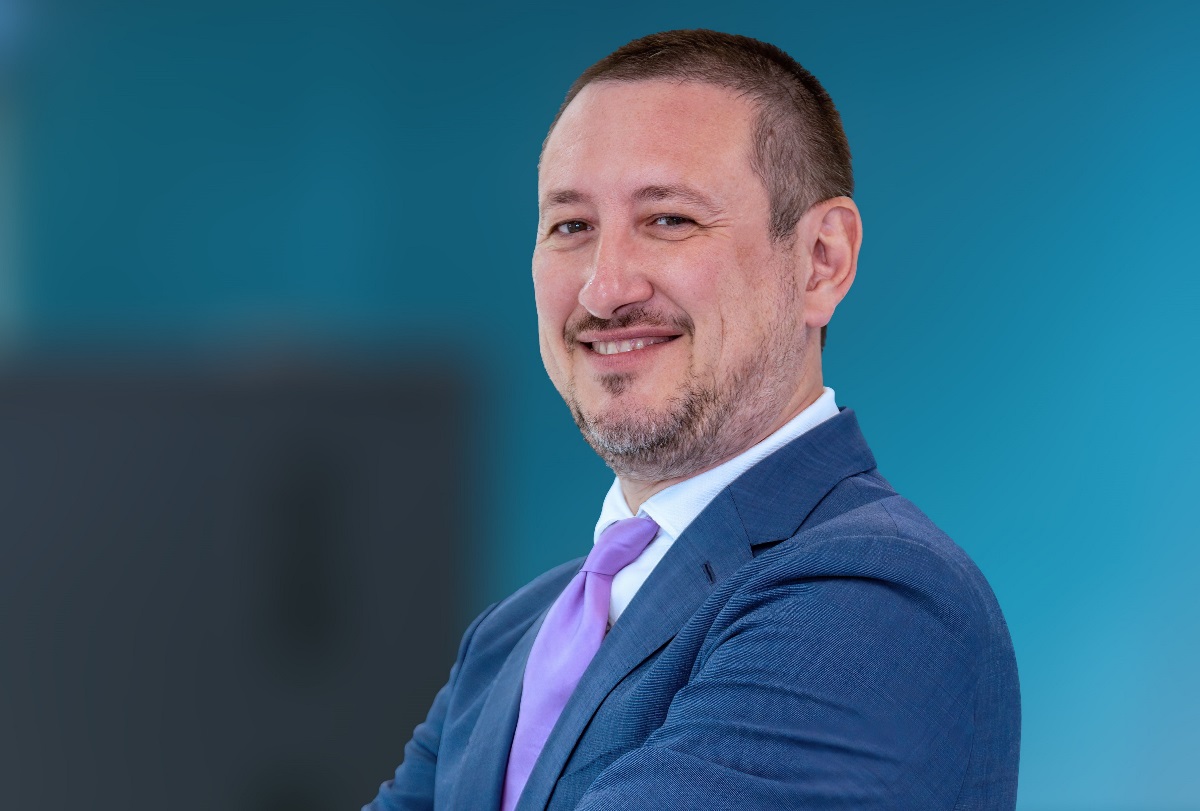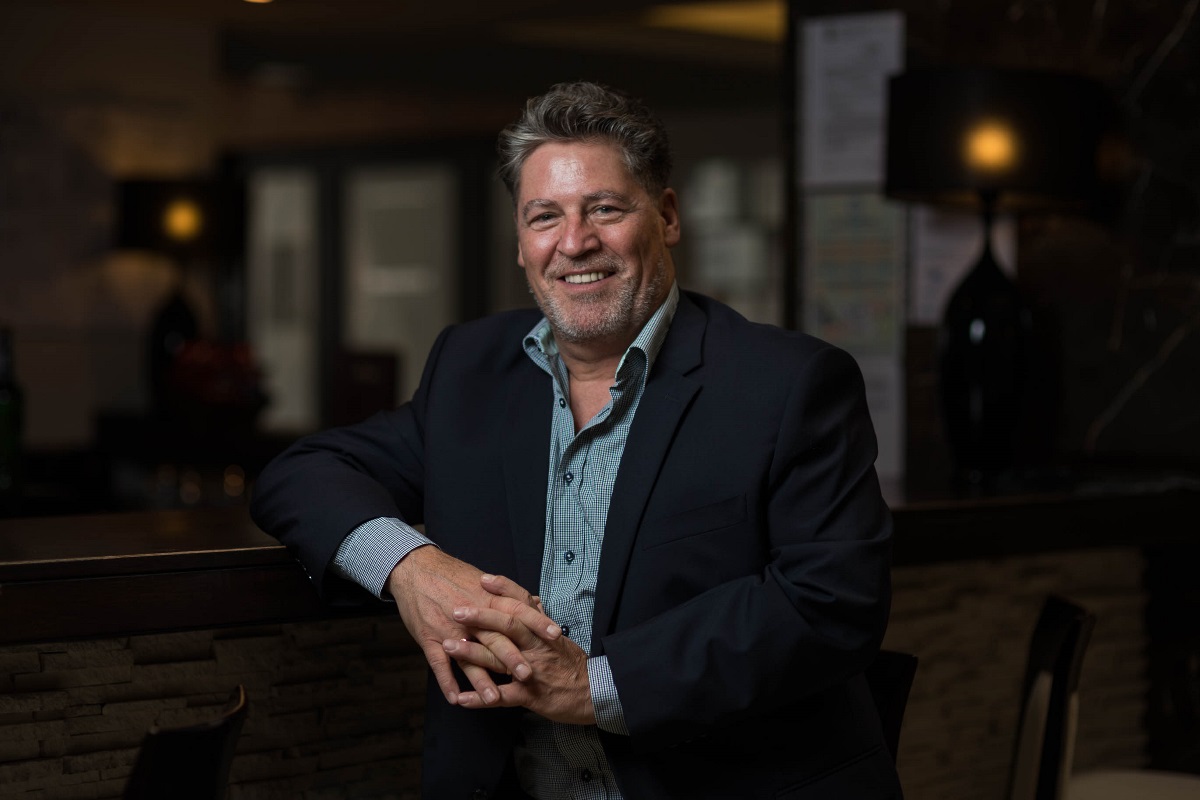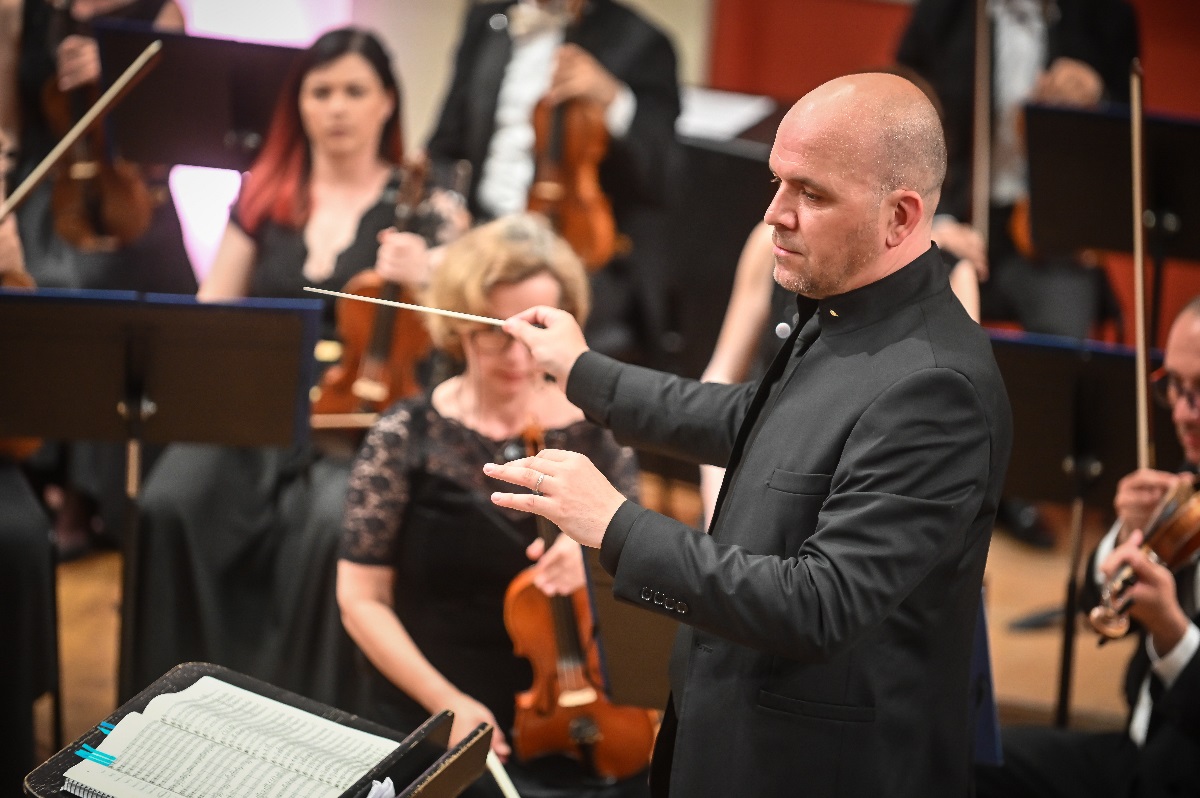
Fabrizio Longhi, Head of Finance, Roche Romania: ”Diagnostics empowers medical decision-making and better patient outcomes through disease diagnosis and health monitoring”
Roche Group is present in Romania through Pharmaceutical, Diagnostics and Diabetes Care divisions. What is the role of Diagnostics in shaping the Future of Health?
The Future of Health is characterized by key trends such as preventative, personalized and sustainable care leading to better outcomes, broader access to care, better health equity and improved affordability. The diagnostics industry plays an instrumental part to achieve the outlined Future of Health in several ways.
Diagnostics empowers medical decision-making and better patient outcomes through disease diagnosis and health monitoring.
Diagnostics drives 66% of clinical decision-making and plays a key role from screening, early detection, diagnosis and prognosis to patient stratification and treatment monitoring to help clinicians improve health for people around the world. Whether it is a pandemic, cancer or another health threat, finding a solution to some of health’s greatest issues starts with, and depends on, diagnostics.
Besides the obvious medical benefits, Diagnostics also helps to reduce costs for the broader healthcare system.
Preventive care can play a key role in managing healthcare budgets. According to APHA, every dollar spent on prevention can save up to $5.60 in health spending.
In Vitro Diagnostics (i.e. tests done on samples such as blood or tissue that have been taken from the human body) at the right moment can help the healthcare system to gain efficiencies and reduce costs through: 1) fewer and shorter in-hospital stays, 2) fewer hospital and medication-related adverse event costs, 3) fewer outpatient visits, 4) less (over)treatments and 5) shorter treatment duration.
From your perspective, what are the major shortcomings of the Romanian health system?
The Romanian healthcare system aims to provide free access to all its citizens. This vision is founded on the principle of solidarity, a concept deeply rooted in European history laid down in a political commitment to universal healthcare as per the Charter of Fundamental Rights of the European Union and the Romanian Constitution. A distribution of solidarity-based healthcare resources to those in need requires access and equity, quality, and performance, as well as efficiency.
Romania, alongside all other states, sees an increase in healthcare spending driven by a commitment of the authorities to narrow the gap compared to other European countries, address unmet healthcare needs, and escalation of the costs of care. However, improving system efficiency and healthcare outcomes remain pain points that involve long term commitments and consistency in execution.
The National Healthcare Strategy 2023-2030 published by the Ministry of Health identifies a series of challenges within the healthcare system. Romania lags other countries in the region at certain healthcare indicators such as life expectancy at birth, low birth rate, high rates connected to avoidable mortality etc.
Disease prevention and early diagnosis initiatives require more attention, alongside with the shortages in human resources in the healthcare system. Moreover, public policy decisions need to be taken based on real-life evidence assessments and there are still actions to be taken on the correlation of the reimbursement for medical care to the real needs or the real costs of supplies. As such, healthcare providers are more and more engaged in behaviors aiming to tackle national healthcare objectives.
The new strategies set by authorities aim to increase access to medical services for prevention, diagnosis and early treatment, as well as reducing rural/urban disparities particularly for underserved rural communities.
Romania has great chances to make visible progress in the coming years considering the exceptional financing opportunities that come from the European Union and that can determine a real change both in terms of infrastructure and health services.
The COVID-19 pandemic and the subsequent war in Ukraine have created major challenges for the whole economy. How have those challenges affected Diagnostics?
COVID-19 has been a wake-up call for us all, bringing into focus the importance of healthcare and the importance of Diagnostics at the right time. This pivotal moment of Diagnostics bears many chances, but also critical challenges – especially around supply chain shortages and inflation, which have been recently accentuated by the pandemic and the war.
Due to these epochal events, the global economy has been impacted by cessation of certain production activities, recession risks, inflationary pressure, and social conflicts.
Inflation is rapidly occurring also due to increases in raw material prices, logistic costs and labor costs.
This situation is concerning also for the medical devices sector, as it operates within complex systems of pricing, reimbursement, and procurement with national health authorities, hospitals, clinics, and laboratories.
Romania is not an exception. The inflation reached 13.76% in April 2022, 14.5% in May 2022 and 15.1% in June, according to the National Institute of Statistics. This created an important disruption in the economic forecasting of both public institutions and private companies. The inflation level has the potential to further increase, driven by rising energy prices.
On which initiatives are you working on as Roche and as an industry to overcome those challenges?
Roche is very active in shifting the paradigm in which healthcare is being delivered towards the concept of Value Based Healthcare (VBHC). The concept builds on health economics principles, and it aims to replace payment for quantity fee-for-service model, with payment for outcome and quality, thus ensuring cost control and fair distribution of limited resources to all patient groups.
At the same time, a system that functions on the principles of VBHC should be able to strengthen its resilience because it creates incentives and investment capacity for high-value interventions and innovations that improve patient and population health outcomes in the long term.
Unlike treatments that have a direct outcome on patient health, diagnostics have an indirect outcome dependent on the action taken as a result of the test. However, they are relatively low-cost ways to generate critical information to inform diagnosis, treatment and, eventually, outcomes. In this way, they can be a valuable resource for disease prevention, detection, and management.
In a value-based model, laboratories and manufacturers providing diagnostic tests will need to demonstrate how their tests can add value. This may mean providing ordering physicians with detailed interpretive comments for test values or helping to develop test ordering protocols to help healthcare providers select the most appropriate tests for a specific patient.
For instance, we know that diagnostic testing can help detect certain diseases at an earlier stage (e.g. during screening campaigns), allowing doctors to take earlier action against them, rather than waiting for more costly, and perhaps less successful, later interventions.
At the end of last year, you announced the launch of the second edition of HealthCare lab, an international programme in which our country is included. How important is the development of the HealthTech segment for the local ecosystem?
The pandemic has been a powerful catalyst for accelerating the development of the HealthTech segment. Innovations such as digital platforms that facilitate better interaction between multidisciplinary teams of physicians or other digital tools, which can allow patients to get the monitoring and care they need while minimizing risk of exposure are rapidly changing the way in which care is administered and monitored.
We have also noticed that the pandemic has rushed forward the engagement of start-up companies in the field of healthcare, which is a major step forward for Romania. Therefore, when we heard about the Healthcare Lab initiative, we wanted to open the door for possible fresh innovations from the local health tech ecosystem that we could partner with, if the solutions could fit our business directions and strategy.
This was a new area for us and we had moderate expectations about the number of startups we could find. Yet, much to our surprise, we found out that we had 14 submissions from Romanian startups. This only goes to show the high potential of the HealthTech ecosystem in Romania to come up with innovative and applicable ideas that answer the healthcare needs of not just today, but those of tomorrow.
For Roche, besides the opportunity to partner with these startups that bring innovative disruptive solutions for patients and customers, it is important to learn from these dynamic companies, from their ways of thinking and acting as well as principles.
Our expertise and know-how about the healthcare sector is one direction we can investigate to partner with these startups. As such, Roche has already initiated discussions with a number of startups, either for coaching on business solutions or even discussions about possible partnerships with medical institutions.
Roche is also a company known for its community involvement through various initiatives. What are the main milestones of this activity and how many Romanians have benefited from projects run by the company?
For us, the community means all those who can benefit from Roche’s expertise, whether it is patients, physicians, public authorities or the general public. Our community involvement programs focus on healthcare education campaigns, facilitating access to the most recent innovations in medicine and diagnostics for the Romanian healthcare system and helping people around the country to take better care of their health.
Going further with our social responsibility programs, we are also involved in activities supporting children from less favored environments to have access to education. During the summer months, our Summer School program offered these children various classes taught by our colleagues on hygiene, medical prevention and many more. At the same time, we are supporting children with limited means with the supplies needed for the new school year, because we strongly believe a good education improves lives.
In terms of our local activities, the past years were marked by two major challenges – the COVID-19 pandemic and more recently the war in Ukraine. When the pandemic struck in early 2020, together with patients associations, NGOs, medical societies and other partners, we implemented projects designed to answer some of the patients’ most pressing needs, like free transport to treatment centers during the first waves of the pandemic, psychological counseling, call centers.
A large category of the Romanian population remains underserved in terms of access to prevention and early diagnostic programs or medical education for reasons that have to do with distance, education, financial means and many more. We feel they must not be left behind. Last year, through our more than 20 screening and medical awareness and education campaigns, organized in partnership with patients associations and renowned national medical institutions, we were successful in ensuring free medical examinations across the country, ranging from screening for chronic diseases to general examinations, such as blood pressure, body mass index, lung capacity etc.
At the same time, access to modern treatment requires a correct diagnosis and we understand our obligation to facilitate the right treatment for patients. In 2021, Roche succeeded in offering free investigations and diagnostic tests to more than 13,000 people. We also partnered with more than 50 medical institutions and over 250 physicians to facilitate the understanding of the latest discoveries and innovations in the medical field, so that the patients can ultimately benefit from them.
Then, after the war broke out in Ukraine earlier this year, together with our colleagues in the neighboring countries and beyond we implemented a support line for Ukrainian patients who were displaced but needed to continue their treatments in Romania. For the patients caught in such unfortunate situations this help mattered enormously.
We are proud of what Roche has achieved in the community and we wish to continue these projects year after year.
Interview by Ioan Dornescu
Share
Share















